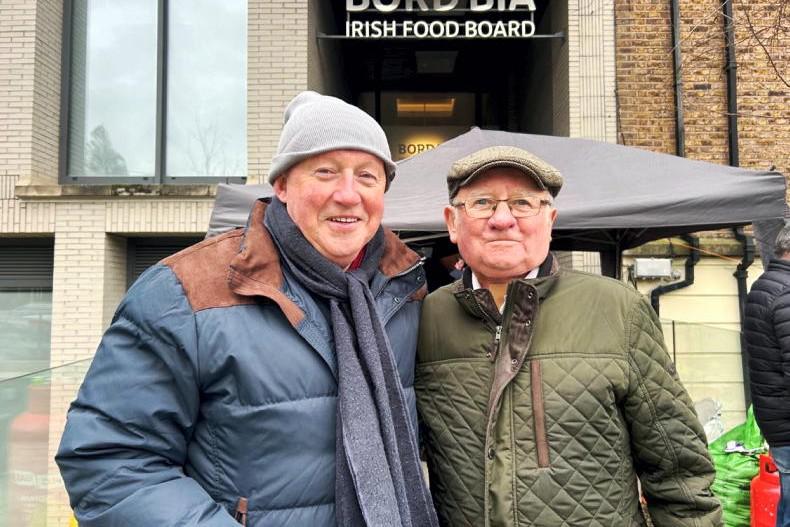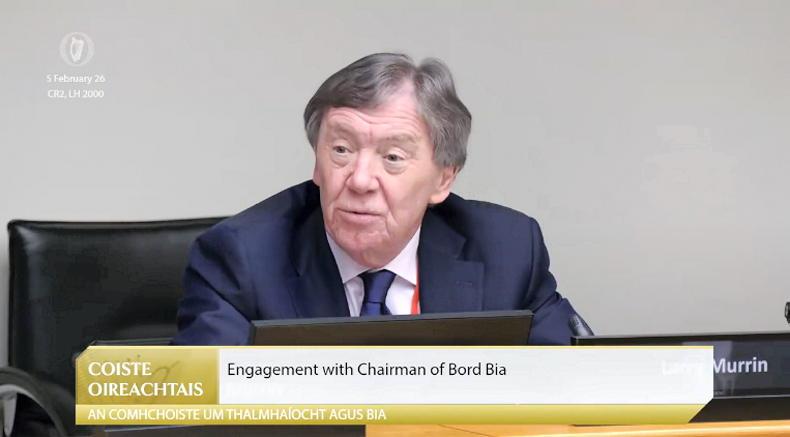Ireland is in a worse position than last year when it comes to achieving EU greenhouse gas emissions targets for 2020 and 2030 and the Government's own objective of de-carbonising the economy by 2050, according to the Climate Advisory Council's annual review.
"Ireland’s greenhouse gas emissions increased again in 2016, with the projections of emissions to 2035 showing that we are completely off course in addressing the challenge of climate change,” said the council's chair, Trinity College professor John FitzGerald. The Climate Advisory Council is the independent body set up to monitor and inform the State's climate policy.
Agriculture and land use
While key recommendations for action focus on increasing use of fossil fuels, the report also notes growing emissions from agriculture and land use.
"The observed increase in agriculture emissions and ongoing carbon losses from land use [including from peat extraction] undermines our ability to achieve the national transition objective. This is of significant concern to the Council," the review notes.
While the National Mitigation Plan outlining Government policy includes "an approach to carbon neutrality in the agriculture and land-use sector", the council found that this is not clearly defined.
Its annual review urges the Government to take more concrete steps, such as measuring the environmental results from schemes including GLAS and Origin Green.
Adaptation
As the climate changes, the council also warns that agriculture may have to adapt to new weather patterns including more frequent flooding.
"The general trend towards the intensification of agricultural activities requiring higher fodder production may not be a sustainable model," the review reads.









SHARING OPTIONS